Umar Sani Questions Patience Jonathan’s Endorsement of Tinubu, Alleges 2011 Support A new political controversy has emerged following recent comments by Dame Patience Jonathan, wife of former President Goodluck Jonathan, endorsing President Bola Ahmed Tinubu for a second term. Her remarks have prompted sharp criticism from Umar Sani, former spokesman for ex-Vice President Namadi Sambo,
Umar Sani Questions Patience Jonathan’s Endorsement of Tinubu, Alleges 2011 Support
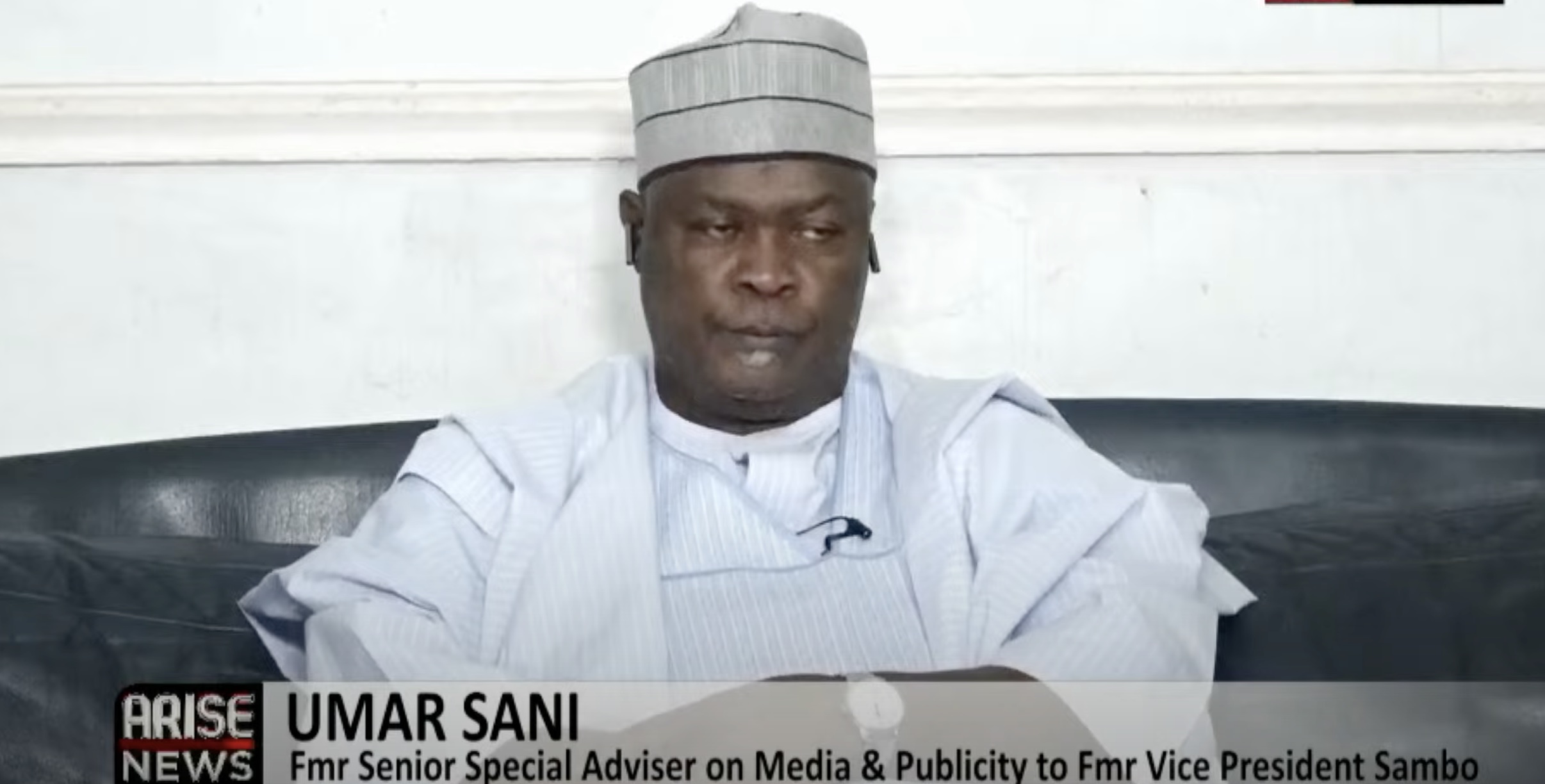
Screenshot
A new political controversy has emerged following recent comments by Dame Patience Jonathan, wife of former President Goodluck Jonathan, endorsing President Bola Ahmed Tinubu for a second term. Her remarks have prompted sharp criticism from Umar Sani, former spokesman for ex-Vice President Namadi Sambo, who not only denounced her support but also made startling claims about Tinubu’s past political alliances.
Sani, reacting to Patience Jonathan’s speech during an award event in Abuja on Saturday night, accused the former First Lady of contradicting her husband’s political legacy and compromising the position of the Peoples Democratic Party (PDP). He further alleged that President Tinubu, despite being a member of the then-opposition All Progressives Congress (APC), played a role in backing Jonathan’s 2011 election victory.
At the ceremony where she received the Women Icon Leader of the Year 2025 award from Accolade Dynamics Limited, Patience Jonathan publicly endorsed Tinubu’s re-election bid for 2027, declaring her readiness to campaign alongside First Lady Oluremi Tinubu. She also emphasized that her husband had no intentions of returning to Aso Rock, suggesting a complete withdrawal from future electoral contests.Wike Confirms Meeting with Suspended Governor Fubara
Former Aide Blasts Former First Lady’s Support for Tinubu
In a sharply worded statement issued Monday, Umar Sani expressed disbelief and concern over Dame Patience Jonathan’s political stance. “It appears that Dame Patience Jonathan is working at cross purposes with her husband,” Sani said, alluding to the former president’s recent criticisms of the Tinubu administration. He cited Jonathan’s rare public disapproval of the declaration of a state of emergency in Rivers State, which the ex-president warned could lead Nigeria toward authoritarian governance and state capture.
Sani argued that Jonathan’s previous silence on national politics had earned him the respect of both party loyalists and the broader Nigerian public, with many still viewing him as a potential PDP candidate for the 2027 presidential election. Patience Jonathan’s comments, he warned, could compromise that credibility.
Describing the former First Lady’s endorsement as “ill-timed and politically tone-deaf,” Sani questioned whether her stance reflected a larger consensus within the Jonathan family or a personal blunder with significant consequences. “Was there an internal consensus within the Jonathan household that he will not contest in 2027?” Sani asked. “Or is this simply a personal misstep with far-reaching political consequences?”
Conflicting Signals and Political Implications
Umar Sani’s critique also touched on the historical relationship between the Jonathans and President Tinubu, painting it as complicated and occasionally adversarial. While acknowledging that Tinubu may have discreetly supported Jonathan’s 2011 campaign, he was quick to remind the public of Tinubu’s pivotal role in unseating Jonathan during the 2015 general election. That electoral loss marked the first time an incumbent president was defeated at the polls in Nigeria.
Since leaving office, Jonathan has remained a member of the PDP and has repeatedly denied allegations of joining the APC, the party that replaced his administration. Sani questioned whether Patience Jonathan’s recent political alignment was a precursor to a subtle defection or simply a miscommunication. “Is she signaling a quiet defection to the APC? And if so, on whose authority?” he asked.
He cautioned that any political move by someone of her stature must be handled with clarity and alignment, especially when such comments are likely to be interpreted as political signals by both parties and the electorate.
Balancing Legacy and Loyalty in Jonathan’s Camp
Sani concluded with a stern warning about the risks of inconsistent messaging within the Jonathan camp. “The PDP cannot afford mixed messaging, especially from such a prominent figure,” he said. He emphasized that if Jonathan is to retain his statesmanlike image or re-enter active politics, then his inner circle, particularly his spouse, must align with the PDP’s broader political agenda.
He reminded Patience Jonathan that her voice holds substantial political weight, and any public statement she makes could influence national perception and party strategy. “Ultimately, if Dr. Jonathan is to be taken seriously as a statesman or as a potential candidate in 2027, the messaging from his inner circle must align with his public posture,” Sani stressed.
As Nigeria inches closer to another election season, this episode underscores the delicate balance former leaders must maintain between their personal associations and political affiliations. For the Jonathan camp, it may be time to clarify their stance—or risk undermining the former president’s enduring influence.

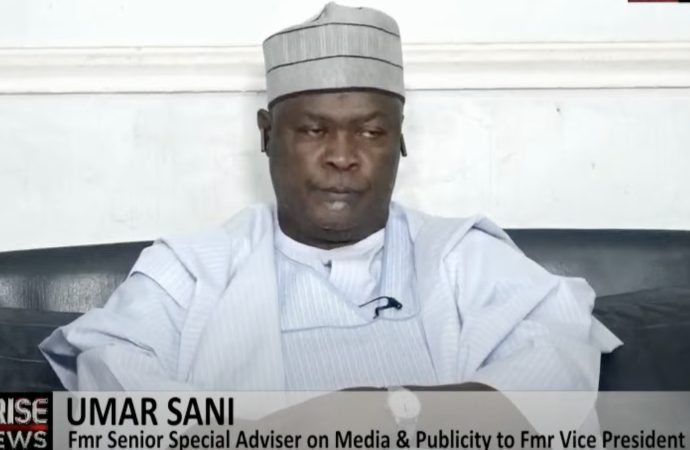
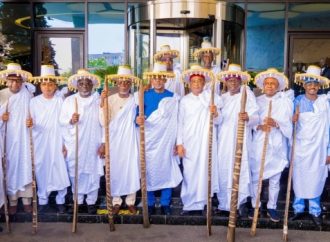

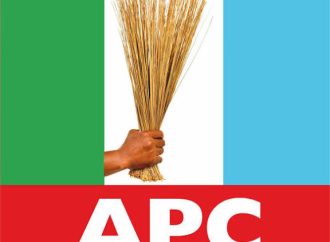
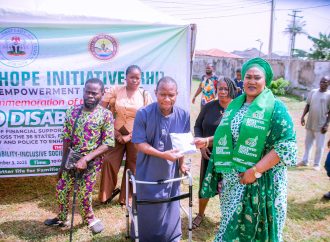
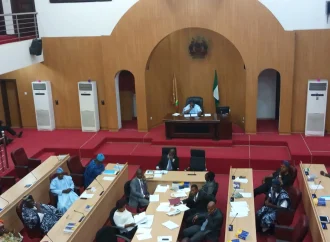



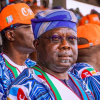

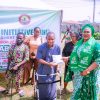





Leave a Comment
Your email address will not be published. Required fields are marked with *